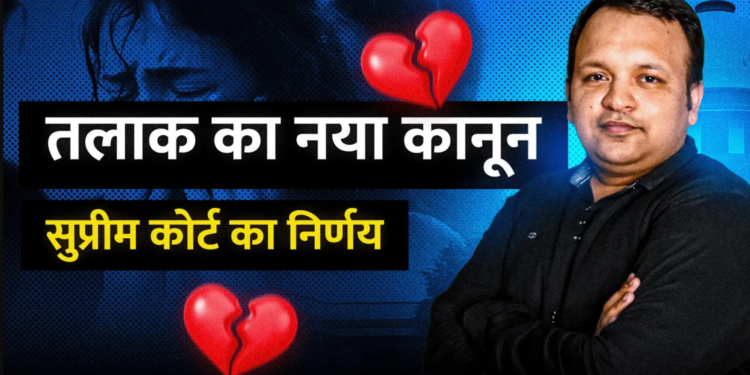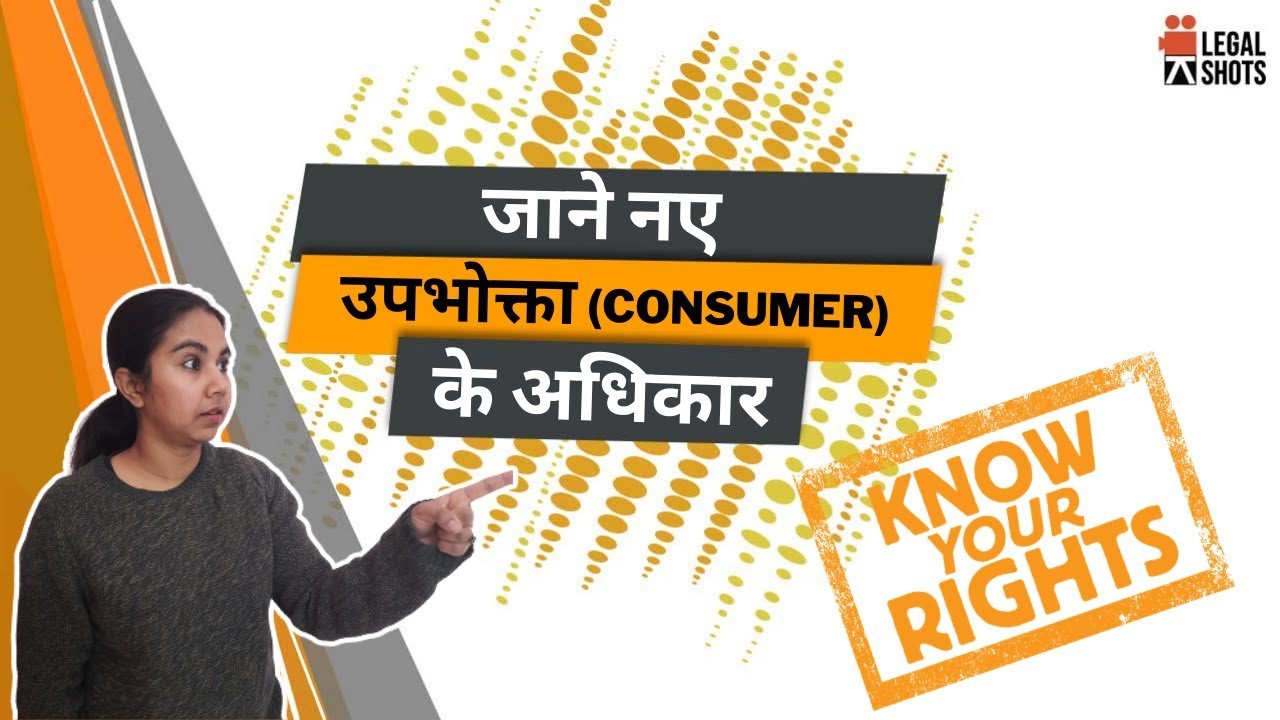Introduction
Divorce, a profound legal and emotional decision, is governed in India by the Hindu Marriage Act, 1955. This legislation outlines various grounds upon which a marriage can be dissolved, ranging from adultery to cruelty. Among these grounds, cruelty is notable for its subjective nature and broad interpretation. This blog provides an in-depth exploration of cruelty as a ground for divorce under Indian law, drawing insights from significant case law, including the landmark Supreme Court judgment in Rupa Soni vs. Kamal Narayan Soni (2004). We will delve into the legal definitions, case analyses, and the evolving concept of irretrievable breakdown of marriage as a valid ground for divorce.
To learn more about the topic, read the blog till the end, and if there lies any more doubt, feel free to reach out to us at; https://thelegalshots.com/legal-opinion/
Understanding Cruelty: Legal Framework and Interpretations
Grounds for Divorce under the Hindu Marriage Act
The Hindu Marriage Act delineates specific grounds for seeking divorce, including cruelty, adultery, desertion, mental disorder, and irretrievable breakdown of marriage. Cruelty, broadly defined, encompasses both physical and mental harm inflicted upon a spouse. This harm can manifest in various forms, from physical violence to emotional abuse and economic control.
Cruelty under Indian law is a complex and multifaceted concept, with the courts recognizing that it can take many forms. This recognition is crucial in a society where traditional roles and expectations often place women at a disadvantage. The evolving legal framework aims to protect individuals from suffering undue harm within the marital relationship.
Definition of Cruelty: A Subjective Evaluation
Cruelty under Indian law lacks a rigid definition and is evaluated on a case-by-case basis. It necessitates considering the unique circumstances of each marriage and the impact of alleged acts on the petitioner. What constitutes cruelty for one individual may not necessarily be perceived as such by another, underscoring the complexity and subjectivity involved in adjudicating cruelty-based divorce cases.
The subjective nature of cruelty means that courts must examine the totality of circumstances to determine whether the behavior in question rises to the level of cruelty. Factors considered include the intent behind the actions, the duration and frequency of the behavior, and the impact on the mental and physical health of the petitioner.
Landmark Judgment: Rupa Soni vs. Kamal Narayan Soni (2004)
Case Background and Legal Proceedings
Rupa Soni and Kamal Narayan Soni entered into marriage in 2002 and had a child in 2006. However, their relationship deteriorated significantly post-childbirth, marked by allegations of extramarital affairs and escalating conflicts. Rupa Soni subsequently filed for divorce under Section 13 of the Hindu Marriage Act, citing cruelty as grounds for dissolution. The family court and the High Court initially dismissed her petition, leading her to appeal to the Supreme Court.
In the Supreme Court, Rupa Soni presented her case with detailed evidence of the mental and emotional anguish she experienced during her marriage. This included instances of verbal abuse, emotional neglect, and psychological harassment. The Supreme Court meticulously examined the evidence, considering both parties’ arguments and the broader context of their marital relationship.
Supreme Court’s Analysis and Verdict
The Supreme Court’s judgment in Rupa Soni vs. Kamal Narayan Soni (2004) provided critical insights into the interpretation of cruelty and the evolving notion of irretrievable breakdown of marriage. The Court emphasized the subjective nature of cruelty, stating that its evaluation must consider individual sensitivities and perceptions. It also suggested recognizing irretrievable breakdown of marriage as a valid ground for divorce, despite its absence in the statutory provisions.
The Court’s analysis underscored that cruelty could not be confined to physical harm alone. Mental cruelty, characterized by a consistent pattern of abusive behavior, was equally recognized as a legitimate ground for divorce. The judgment highlighted the importance of considering the cumulative effect of the spouse’s conduct on the petitioner, rather than isolating individual incidents.
Implications of the Judgment: Evolving Legal Perspectives
Recognition of Mental Cruelty
The judgment highlighted the significance of mental cruelty as a compelling ground for divorce. Acts of emotional abuse, verbal insults, and psychological trauma were deemed equally detrimental to the marital relationship as physical violence, deserving equal legal consideration.
Mental cruelty can encompass a wide range of behaviors, including constant criticism, demeaning remarks, isolation from friends and family, and financial control. The recognition of mental cruelty as a ground for divorce acknowledges the profound impact that such behavior can have on an individual’s well-being and quality of life.
Burden of Proof and Judicial Prudence
In cases where divorce is sought on grounds of cruelty, the burden of proof lies with the petitioner to substantiate claims. This necessitates presenting compelling evidence, such as medical records, witness testimonies, and communication proofs, to support allegations of cruelty.
The judiciary exercises prudence in evaluating claims of cruelty, ensuring that the evidence presented is credible and substantial. The courts strive to balance the interests of both parties, recognizing the potential for false allegations while also safeguarding the rights of those genuinely subjected to cruel treatment.
Irretrievable Breakdown of Marriage
The Supreme Court’s stance on irretrievable breakdown of marriage marks a progressive shift in divorce jurisprudence. It recognizes that in certain cases, continued marital ties serve no constructive purpose and reconciliation efforts may prove futile. This acknowledgment reflects a compassionate approach to resolving irreparably damaged marriages.
The concept of irretrievable breakdown of marriage emphasizes the reality that some marriages, despite the absence of traditional grounds for divorce, may become unviable due to persistent incompatibility and irreconcilable differences. Recognizing this ground for divorce allows the legal system to address the needs of couples who have exhausted all efforts to salvage their relationship.
Case Studies: Detailed Analysis of Significant Judgments
Naveen Kohli vs. Neelu Kohli (2006)
In the landmark case of Naveen Kohli vs. Neelu Kohli (2006), the Supreme Court of India recognized irretrievable breakdown of marriage as a valid ground for divorce. This case involved prolonged litigation and persistent efforts by the husband to obtain a divorce due to severe incompatibility and mutual animosity.
The Court, in its judgment, emphasized that the marriage had irretrievably broken down, leaving no possibility of reconciliation. It highlighted that forcing the parties to remain in a marriage devoid of mutual respect and understanding would only prolong their misery. This case set a significant precedent for recognizing the practical realities of modern relationships.
Samar Ghosh vs. Jaya Ghosh (2007)
The case of Samar Ghosh vs. Jaya Ghosh (2007) further expanded the understanding of mental cruelty in divorce cases. The Supreme Court provided a detailed analysis of what constitutes mental cruelty, outlining various factors that courts should consider.
The Court stated that mental cruelty could manifest through consistent abusive behavior, public humiliation, denial of marital rights, and baseless accusations. It emphasized that the cumulative effect of such behavior on the petitioner’s mental health and well-being must be taken into account. This judgment reinforced the importance of a holistic approach in evaluating claims of mental cruelty.
Practical Steps for Seeking Divorce on Grounds of Cruelty
For individuals contemplating divorce based on cruelty, navigating the legal process effectively is crucial. Here are practical steps to consider:
- Legal Consultation: Seek advice from an experienced family law attorney specializing in divorce cases. They can provide tailored guidance and strategize the legal approach based on the specifics of your case.
A seasoned attorney will help you understand the legal nuances, assess the strength of your case, and guide you through the procedural requirements. They will also help you prepare for potential challenges and advise you on the best course of action.
- Documenting Evidence: Collect and preserve evidence of cruelty, including medical reports, witness statements, and communication records. This evidence strengthens the case during court proceedings and bolsters claims of harm.
Detailed documentation is essential in proving your claims. Maintain a record of incidents, including dates, descriptions, and the impact on your mental and physical health. This evidence will be critical in substantiating your allegations in court.
- Filing the Divorce Petition: File the divorce petition in the appropriate family court jurisdiction, detailing instances of cruelty and the resultant impact on your well-being. Ensure accuracy and completeness in documenting grievances.
Your divorce petition should clearly outline the grounds for divorce and provide a comprehensive account of the cruelty experienced. Include specific instances, supported by evidence, to present a compelling case to the court.
- Mediation and Counseling: Participate in mediation sessions to explore the possibility of an amicable resolution. Counseling can help address underlying issues and facilitate constructive dialogue between parties.
Mediation and counseling provide an opportunity to resolve conflicts amicably and avoid prolonged litigation. These sessions can help both parties understand each other’s perspectives and work towards a mutually acceptable solution.
- Court Proceedings: Prepare thoroughly for court hearings by understanding procedural requirements and presenting a cohesive narrative supported by evidence. Anticipate cross-examination and judicial scrutiny of presented arguments.
Be prepared to present your case in court, including providing testimony and responding to cross-examination. Ensure that your evidence is organized and readily available to support your claims. Your attorney will guide you through the process and help you navigate the legal complexities.
Conclusion: A Holistic Perspective on Cruelty and Divorce
The legal interpretation of cruelty as grounds for divorce reflects evolving societal norms and a nuanced understanding of marital relationships. The Supreme Court’s judgment in Rupa Soni vs. Kamal Narayan Soni exemplifies the judiciary’s commitment to delivering fair and equitable resolutions in divorce cases. As legal frameworks adapt to contemporary challenges, recognizing mental cruelty and irretrievable breakdown of marriage as legitimate grounds for divorce provides a compassionate approach to addressing marital discord.
The evolving legal landscape recognizes the complexities of modern relationships and the need for a more comprehensive approach to divorce. By acknowledging mental cruelty and irretrievable breakdown of marriage, the judiciary aims to provide a fair and just resolution for individuals trapped in untenable marital situations.
References and Further Reading
- Hindu Marriage Act, 1955: Legislative provisions governing marriages and divorces among Hindus.
- Rupa Soni vs. Kamal Narayan Soni (2004): Landmark Supreme Court judgment discussing cruelty and irretrievable breakdown of marriage.
- Indian Penal Code, Section 498A: Legal provisions related to cruelty towards married women.
- Naveen Kohli vs. Neelu Kohli (2006): Supreme Court judgment recognizing irretrievable breakdown of marriage.
- Samar Ghosh vs. Jaya Ghosh (2007): Supreme Court judgment providing a detailed analysis of mental cruelty.
For the latest updates and detailed discussions, subscribe to Legal Shots on YouTube and follow our blog for insightful articles. Equip yourself with legal knowledge to better understand your rights and responsibilities under Indian law.
To understand more such complex law in simple ways, stay connected with www.thelegalshots.com .
If doubts still persist, contact our Legal Experts at https://thelegalshots.com/legal-opinion/




